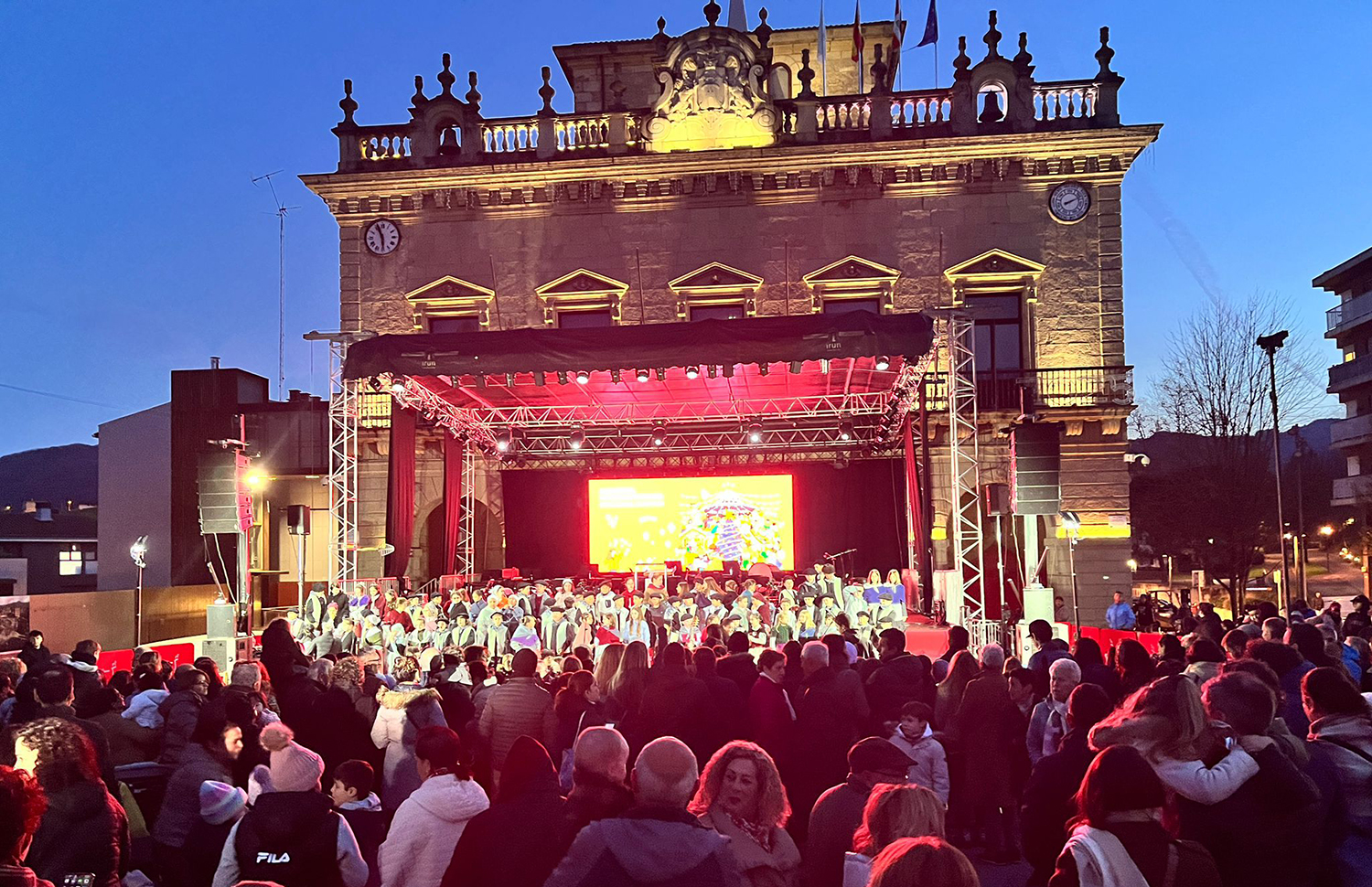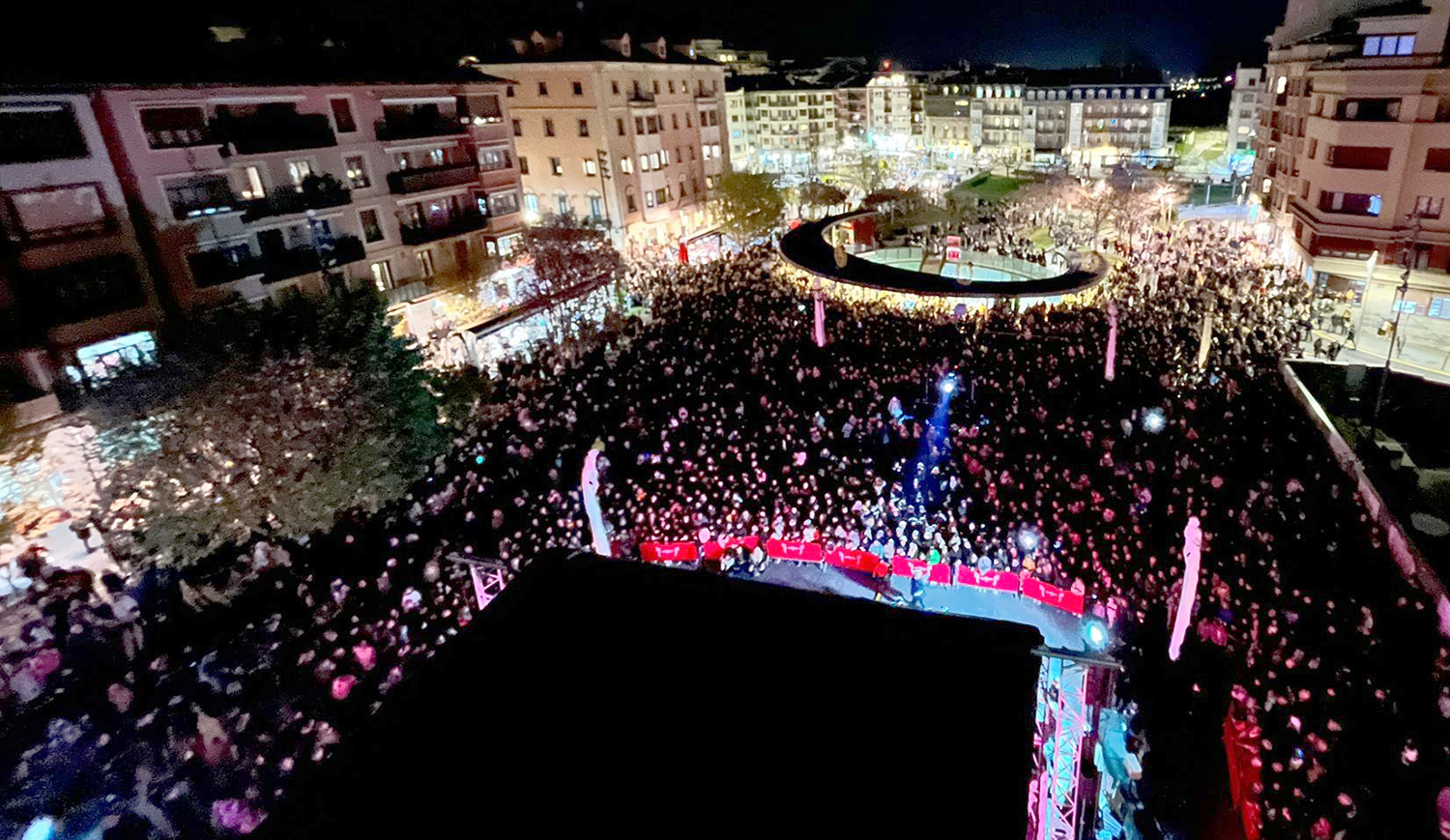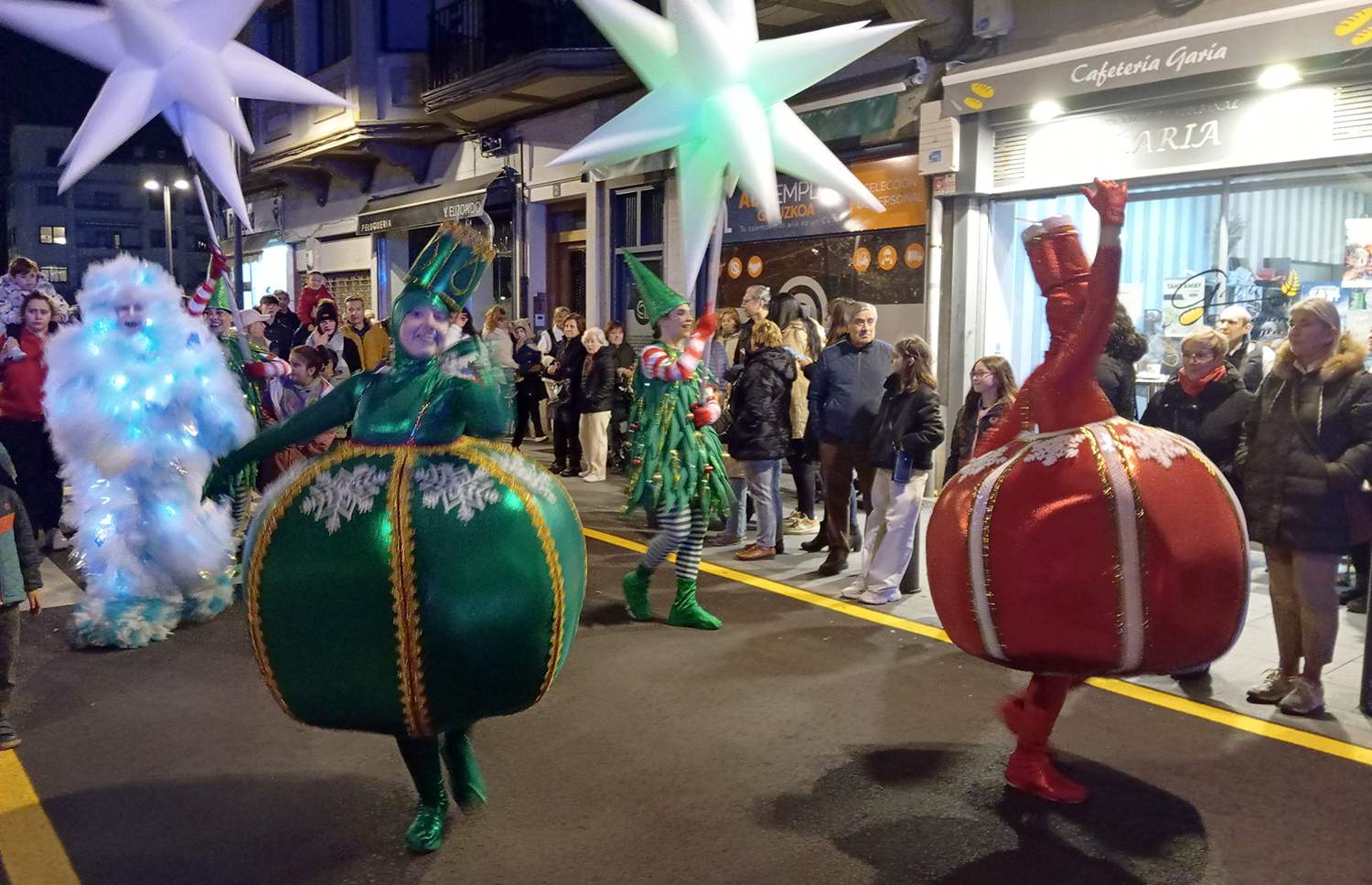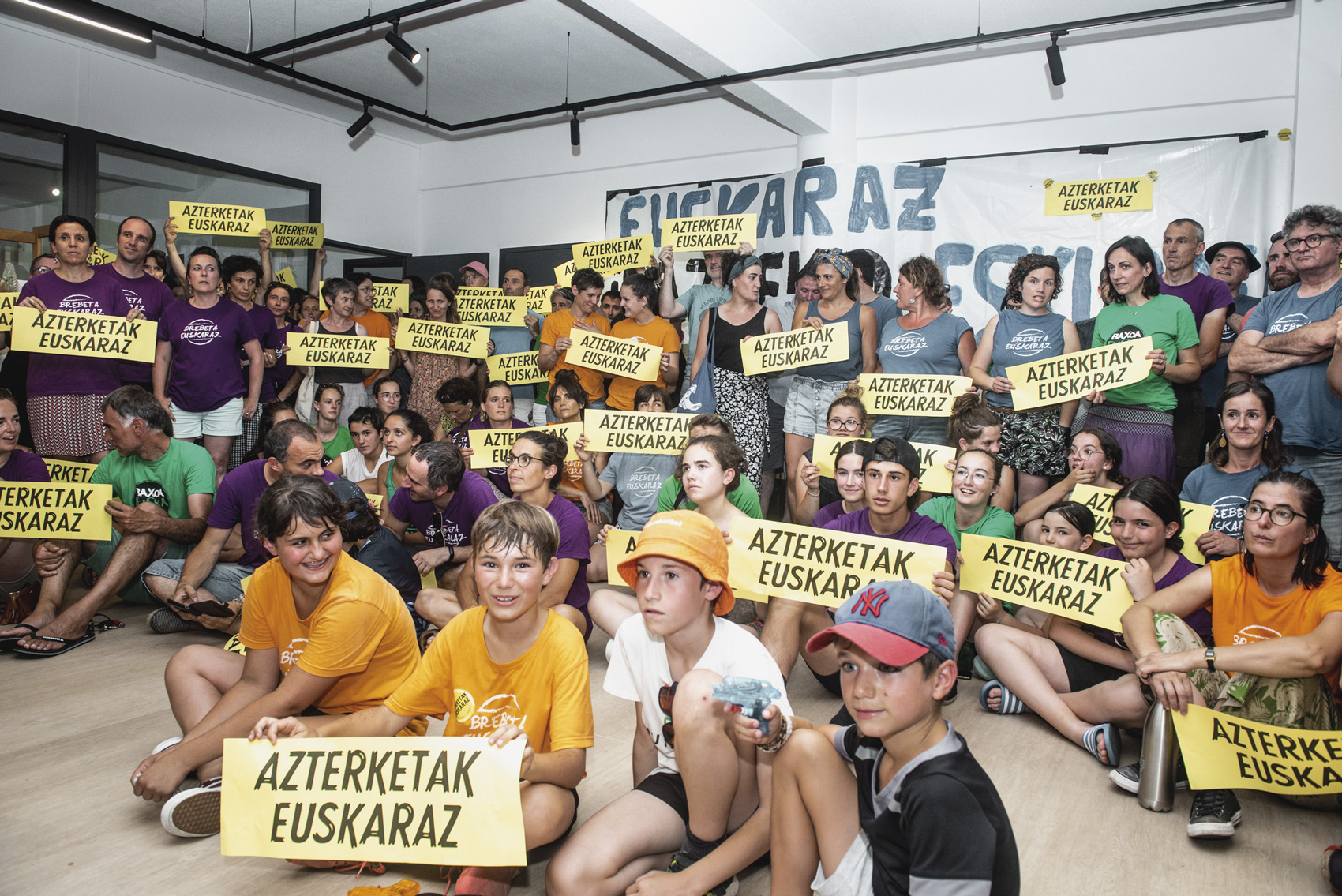"The students of Rioja Alavesa think it is worth learning Euskera"
- Jokin Aiestaran (Zarautz, 1971) is a translator and member of the UPV/EHU research group DREAM (Donostia Research group on Education and Multilingualism). It works mainly in two areas: multilingualism in the field of education and the linguistic landscape. Attitudes about Bilingualism and the Basque Country in Rioja Alavesa, that is the doctoral thesis that has just presentar.Hemos begun the tertulia with the objective of knowing first hand the development of research.
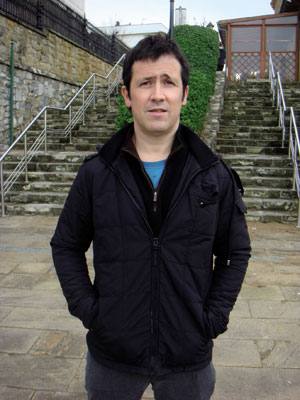
Why have you chosen Rioja Alavesa?
La Rioja Alavesa has been a monolingual territory since time immemorial, and even today the presence of Euskera in daily life is very small. However, in recent years the Basque Country has taken a giant step in the region, especially with the help of the educational system. Nowadays, children and young people have the opportunity to learn Euskera, and model D has strongly broken into the schools, which are the students of the region. That is why a new linguistic situation has been created in the region: the young are the Vasco-speakers of the region. Knowledge of the language is increasing, but its use is still rather limited. It is interesting to analyze how the new language has been introduced into the Castilian speaking community to learn about the consequences of efforts to revitalize the language.
Can we say that the community in favor of the Basque country is being strengthened?
The issue of the Basque Country has sparked more than one debate in the Rioja Alavesa; the prospects are quite contradictory. The Castilian community says that the Basque language is one of the languages of the Basque Country, which is not the most important and which is not a sign of Basque identity. Thus, the community in favor of the Basque Country has developed the discourse of the will; the desire to recover the lost language, uniting the Basque and identity. On the road to language recovery, the education system has been fundamental. However, although the school can guarantee a certain level of knowledge, this does not mean that future generations will automatically be used. They're very slow processes. From the attitudinal point of view, however, the students of the region opt for a bilingual society for the future.
The research has been developed in two phases.
The study focused on attitudes towards bilingualism and Euskera, according to the organizers. I've also wanted to look at how these attitudes can evolve over time. The study was conducted in two phases, with an eight-year time interval between the two parties (2001-2009). The first time, to contextualize the research, I had several interviews with members of the Basque world of the region, with the faculty and with the parents, as well as with people with a relevant social position, and I did an observation work; I made a three-month stay in the Rioja Alavesa.
On the other hand, in the quantitative aspect, in order to analyze the attitudes of high school and high school students, I addressed three schools: To the ikastola Assa (Lapuzomba de Labarca), to the ikastola San Vicente (Oyón) and to the Samaniego College (Laguardia), where models A and B are offered. The students were between 14 and 18 years old, and 232 elaborated the questionnaire. In the second phase, in 2009, I just did a quantitative analysis, using a similar questionnaire to contrast the data. In this case, 177 students formed the questionnaire.
You had the opportunity to work with Colin Baker, a bilingual specialist.
Yes, in the early stage of the research I had the opportunity to go to Wales and met Bangor University, who was the head of the thesis. For example, the book Attitudes and language he published in 1992 is known. Baker has worked a lot on minority languages and bilingual attitudes, and from his work I have focused on the questionnaires and items used in the Rioja Alavesa. The main variables analyzed in the study were attitudes towards bilingualism and Euskera, which have been compared with other variables such as the linguistic variables of competence and use, the three models in force in the CAPV linguistic system (A, B and D) and the psychosocial variables of vitality, identity and relationship with Vasco-speakers.
What have the class outcomes been like?
The students, in general, showed positive attitudes towards bilingualism and towards Euskera; the data collected in 2001 and 2009 were similar. Attitudes towards bilingualism highlighted the importance of bilingualism, linguistic coexistence and the fact that the future is bilingual. As for the attitudes towards Euskera, the following ideas had a great attachment: that it is worth learning Euskera and that it is necessary that children learn Euskera to ensure the survival of the language. However, Euskera’s learning has been wasted by waste of time. In general, students opt for a bilingual future, especially important in the region where the presence of the Basque country is so scarce. The data is positive.
On the other hand, I studied the influence of linguistic models on attitudes towards bilingualism and towards Euskera. The results show that linguistic attitudes are positive in all linguistic models. However, the most negative attitudes were those of model A and the most positive were those of model D. Likewise, the results draw attention to the fact that the difference between models A and D has expanded from 20001 to 2009 in linguistic attitudes. That is, they are a reflection of the importance that each model has given to the promotion and nutrition of the Basque Country, and that this difference has not been reduced over the years.
Recently, the research data Arrue have been published.
It is clear that taking the leap from knowledge to use is complex, due to the influence of society; let us not say in the Rioja Alavesa. We in the DREAM research group are about to reflect on this data. For our part, a qualitative analysis can be proposed as a complement to these data. We think it is important that students hear what they have to say about it. In other words, according to the Arrue study, the use of Euskera in secondary education is considerably reduced. But how do they see it? Students must be given the opportunity to answer this question, and all this can contribute to raising awareness of themselves.
With regard to multilingualism and education, do you have any projects in your hands?
With Jasone Cenoz, Durk Gorter and other researchers from the DREAM group, we are working in the classes on the concept of multilingual approach. The aim of this project is to analyse multilingual competences and the ability to use more than one language in the field of education. From a holistic point of view, we cover all the languages that make up the students' linguistic repertoire. The aim of the project is to find an alternative way of evaluating these school languages, based on the linguistic skills of real life and the use of languages. The starting point of this project is linguistic diversity in school contexts and we are developing several lines of research related to the evaluation of bilingual and multilingual education.











